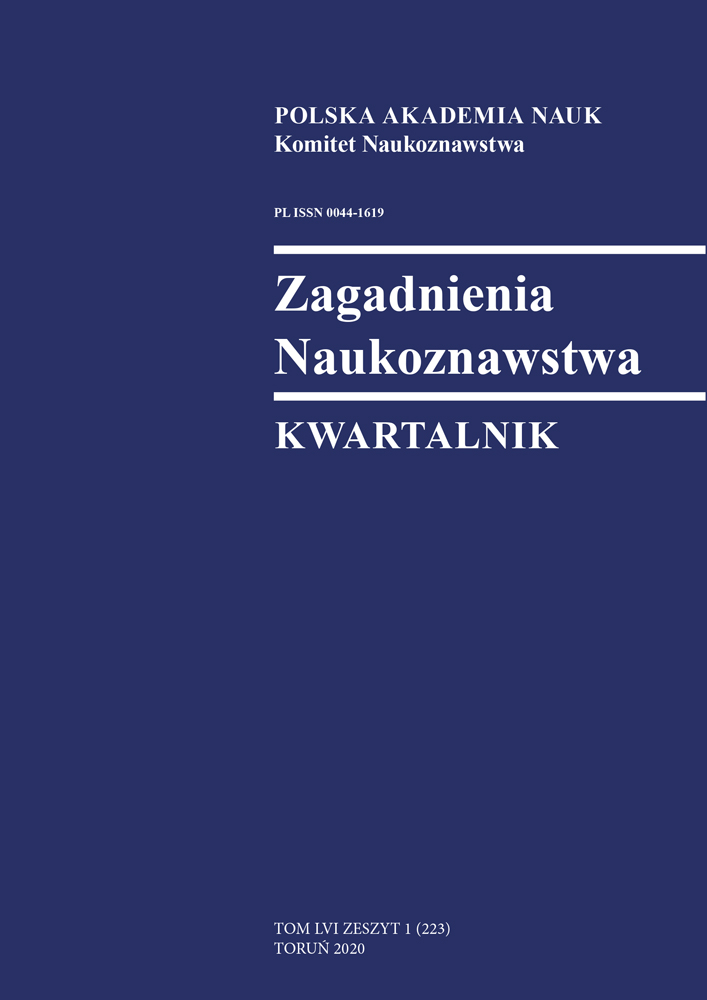Exorcising Merton's Ghost from the Study of Scientific Collaboration: Learning the Lessons of DARPA
Essential Tensions.
DOI:
https://doi.org/10.12775/ZN.2020.004Abstract
This article seeks to demystify the influence that Merton continues to have over the sociology of science, including The Geography of Scientific Collaborations. It draws attention to the subbtle shift in Merton's own thinking from a 'communist' to a more stratified approach to scientific collaboration, the latter exemplified by what he called the 'Mathew effect', which he seemed to endorse. This has led the science system to move in seemlingly opposing directions as once: on the one hand, a more freelancing approach by indiidual scientists ('Ricardian'), and on the other, a more teamwork approach by a scientific community ('Saint-Simonian'). It results in the 'dependency culture', especially in academia, as reflecting in th H-index of scientific citations. From the standpoint of the dynamics of capitalism, such a result is not surprising. Against this backdrop, DARPA offers an alternative model of cooperation. This US Cold-War inspired agency makes open calls for researchers to participate in projects whose futuristic orientation reduces the prior relative advantage of the applicants. In that respect, it points to a more egalitarian approach to collaboration that might also serve to deconstuct the academic disciplines that currently sustain the hierarchical approach.
Downloads
Veröffentlicht
Zitationsvorschlag
Ausgabe
Rubrik
Lizenz

Dieses Werk steht unter der Lizenz Creative Commons Namensnennung - Keine Bearbeitungen 4.0 International.
Stats
Number of views and downloads: 239
Number of citations: 0



